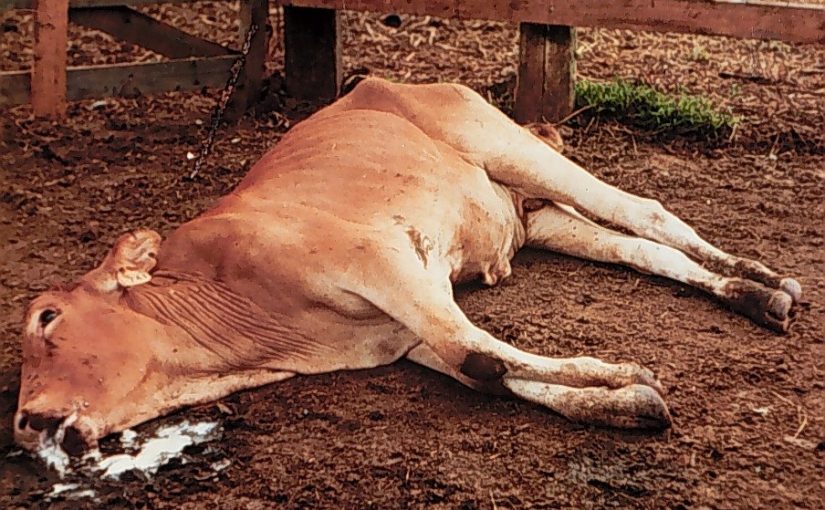
BY TATENDA SQUARE
FARMERS in Mashonaland West province reportedly lost over
1 000 cattle last month due to an outbreak of Theileriosis also known as the January disease, NewsDay has learnt
Chief director of livestock in the Division of Veterinary Services, Josphat Nyika, said the most affected were Zvimba, Chegutu and Mhondoro Ngezi districts.
“The disease has mainly affected areas like Zvimba, Chegutu and Mhondoro Ngezi. This is due to that the local manufacturing industry has not been venturing into animal vaccine production. As a result, most vaccines were imported,” Nyika said.
“However, efforts are currently underway to develop a vaccine for the January disease locally, with the first vaccine trial results expected by the end of this
month.”
He said outbreaks of the January disease were also being experienced in Manicaland, Midlands and Masvingo provinces.
- Chamisa under fire over US$120K donation
- Mavhunga puts DeMbare into Chibuku quarterfinals
- Pension funds bet on Cabora Bassa oilfields
- Councils defy govt fire tender directive
Keep Reading
Lands, Agriculture, Fisheries, Water and Rural Settlement director Jairus Machakwa said cattle in the affected areas had been quarantined to curb the spread of the disease.
Machakwa urged farmers to dip their cattle three times in two weeks since dipping is the most effective tick control method.
He said the normal dipping frequency in the rainy season was once per week, adding that this had been increased since the outbreak of the disease.
“Farmer education campaigns on the prevention methods and treatment protocols once animals are affected are being rolled out by the veterinary services staff stationed in all provinces and districts.
“Signs and symptoms of the disease include fever and lymph nodes near the tick bites. If farmers suspect any symptoms, they are compelled by the law to report to the Division of Veterinary Services,” Machakwa said.
- Follow us on Twitter @NewsDayZimbabwe











